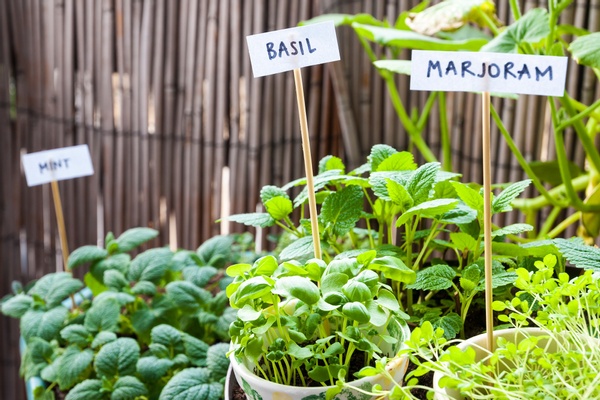Introduction
Growing a small herb garden outdoors is a rewarding way to enjoy fresh flavors right at your doorstep. Whether you have a spacious backyard or a tiny balcony, cultivating herbs outdoors enhances your cooking, supports sustainable living, and connects you with nature. This guide will walk you through everything you need to know to successfully grow a small outdoor herb garden—from selecting the best herbs and soil to caring for your plants throughout the seasons.
Herbs are not only easy to grow but also provide numerous health benefits and aromatic delights. With the right knowledge and techniques, even beginners can create a thriving herb garden that produces year-round. This article covers practical steps, expert advice, and proven strategies to help you grow a lush, fragrant herb garden outdoors.
Choosing the Right Herbs for Your Outdoor Garden
Best Herbs for Small Outdoor Spaces
When growing a small herb garden outdoors, selecting the right herbs is crucial. Focus on varieties that thrive in your climate and suit your cooking preferences. Here are some popular, easy-to-grow herbs ideal for small outdoor gardens:
- Basil: Requires warm weather and plenty of sunlight.
- Parsley: Thrives in partial shade and cooler temperatures.
- Thyme: Drought-tolerant and grows well in containers.
- Mint: Vigorous grower; best contained to prevent spreading.
- Rosemary: Prefers sunny, well-drained sites.
- Chives: Hardy and good for small spaces.
Climate Considerations
Understanding your local climate helps determine which herbs will flourish. For example, Mediterranean herbs like rosemary and thyme prefer dry, sunny conditions, while parsley and mint favor cooler, moist environments. Research your hardiness zone and consult local gardening centers for region-specific advice.
Preparing Your Outdoor Herb Garden
Selecting the Ideal Location
Choose a location that receives at least 6 hours of direct sunlight daily, as most herbs require full sun to grow robustly. Ensure good air circulation to reduce fungal diseases and avoid overly windy spots that can damage delicate leaves.
Soil Preparation and Quality
Herbs thrive in well-draining soil rich in organic matter. Before planting:
- Test your soil pH; most herbs prefer a slightly acidic to neutral range (6.0–7.0).
- Amend heavy clay or sandy soils with compost to improve texture and fertility.
- Use raised beds or containers if your native soil has poor drainage or is contaminated.
Planting and Caring for Your Herb Garden
Planting Techniques
- Space plants according to their mature size to avoid overcrowding.
- Plant herbs at the same depth as they were in their nursery pots.
- Water immediately after planting to establish roots.
Watering and Feeding
- Water herbs deeply but infrequently to encourage strong root systems.
- Most herbs prefer slightly dry conditions; avoid overwatering.
- Feed your plants with organic fertilizers or compost tea every 4–6 weeks during the growing season.
Pruning and Harvesting
- Regularly pinch back herbs like basil and thyme to promote bushier growth.
- Harvest leaves in the morning when oils are most concentrated.
- Avoid cutting more than one-third of the plant at once to keep it healthy.
Managing Pests and Environmental Challenges
Common Outdoor Herb Pests
- Aphids, spider mites, and whiteflies can affect herb health.
- Use natural predators like ladybugs or apply neem oil as an organic remedy.
Weather Protection
- Provide shade cloth during extreme heat waves.
- Use mulch to retain soil moisture and regulate temperature.
- In cooler climates, consider cold frames or cloches to extend the growing season.
Maximizing Your Small Herb Garden Space
Container Gardening Tips
- Use pots with drainage holes to prevent waterlogging.
- Group herbs with similar water and sunlight needs.
- Vertical planters and hanging baskets can optimize limited space.
Companion Planting
- Plant herbs like basil near tomatoes to deter pests and improve growth.
- Avoid planting mint directly in beds as it spreads aggressively.
Conclusion
Growing a small herb garden outdoors is both an enjoyable and practical endeavor that enhances your culinary experiences and promotes healthier living. By choosing the right herbs, preparing your garden thoughtfully, and maintaining your plants with expert care, you can cultivate a flourishing herb garden in any small outdoor space.
Embrace the process with patience and curiosity, and soon you’ll harvest fresh, fragrant herbs that elevate your dishes and enrich your lifestyle. Start small, stay consistent, and watch your outdoor herb garden thrive season after season.
